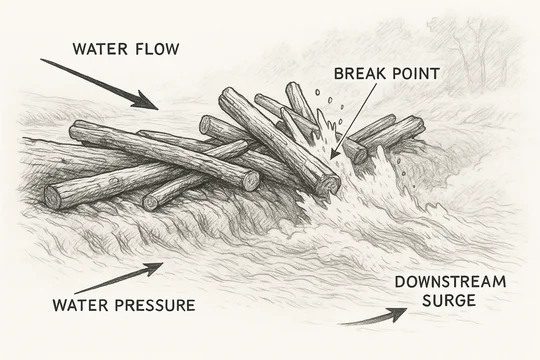
Yesterday, Judge Andrews granted two motions to dismiss willfulness allegations for a failure to allege knowledge. The orders are short and sweet, and provide some examples of the kinds of allegations that are not sufficient to allege knowledge of the asserted patent in support of a willfulness claim.
First, in New Directions Technology Consulting, LLC v. Abbott Laboratories Inc., C.A. No. 25-506-RGA (D. Del.), the Court granted the willfulness portion of a motion to dismiss in just three sentences:
The motion to dismiss the willfulness allegations is GRANTED. Alleging that employees of Defendants attended a 2016 presentation on the topic of "Benefits of IP Partnering for Drug Delivery Telemanagement" provides no factual basis for an allegation of willfulness. Nor does the allegation that in 2021 an online article "Patents are Important for Smart Healthcare Products"-- described the patents and that Defendants subscribe to the online publication.
New Directions Technology Consulting, LLC v. Abbott Laboratories Inc., C.A. No. 25-506-RGA, D.I. 18 (D. Del. Oct. 2, 2025).
This decision was quick, issuing less than two motions after the motion to dismiss, although it only addressed the motion in part. The Court referred the motion's remaining allegation re: § 101 to Magistrate Judge Tennyson.
The Court also issued an uncommonly short memorandum order yesterday in Materion Corp. v. Lebronze Alloys, C.A. 24-1022-RGA (D. Del.). That order granted the motion to dismiss willful infringement allegations with just a few sentences:
The second argument is that the complaint does not state a basis for willful infringement in relation to any of the three patents. (D.I. 14 at 9-11). I agree that the complaint does not allege that Defendants knew about the patents when Plaintiff’s factual basis is that one of their attorneys wrote to a related German company describing how that company infringed a related European patent. That is not enough to establish knowledge. And adding that Plaintiff and Defendants are competitors does not make the willfulness allegations plausible. I therefore GRANT the motion to dismiss to the extent it seeks dismissal of the willfulness allegations.
Materion Corp. v. Lebronze Alloys, C.A. 24-1022-RGA, D.I. 25 (D. Del. Oct. 2, 2025).
These are a good, quick reminder of the kinds of material that does not suffice to support a willfulness allegation in a patent case, at least on its own.
If you enjoyed this post, consider subscribing to receive free e-mail updates about new posts.





